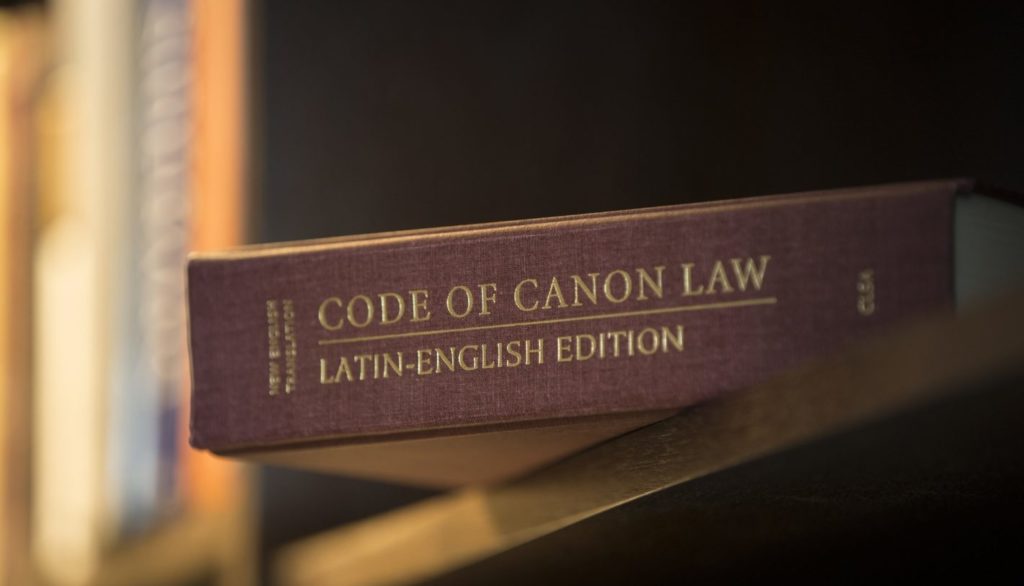 Mercy and correction in the Church
Mercy and correction in the Church Bishop Arrieta, on the reform of the Code: "Now the crimes, the penalties and the way to apply them are well determined".
Bishop Arrieta, on the reform of the Code: "Now the crimes, the penalties and the way to apply them are well determined".The Church, like any institution, needs a set of juridical norms to conduct itself. The first Code of Canon Law was promulgated in 1917 by Pope Benedict XV and the current one was promulgated by St. John Paul II in 1983. Last May 23, Pope Francis promulgated the Apostolic Constitution Pascite gregem Dei which reforms Book VI of the Code of Canon Law on penal sanctions in the Church, a modification that will enter into force as of December 8 of this year.
In the above-mentioned Apostolic Constitution, the Holy Father emphasizes that "since apostolic times, the Church has been giving herself laws for her way of acting which, in the course of the centuries, have come to form a coherent body of binding social norms, which give unity to the People of God and for the observance of which the Bishops are responsible". Norms that link "the mercy and correction of the Church" and that "need to be in permanent correlation with social changes and with the new demands that appear in the People of God, which at times oblige them to be rectified and adapted to changing situations". The Pope reveals in Pascite gregem Dei that "canonical sanction also has a function of reparation and salutary medicine and seeks, above all, the good of the faithful".

It is not easy to elaborate a juridical text applicable to the universal Church. Today, a certain cultural ethnocentrism is spreading throughout much of our world, leading us to think that one's own culture is superior to other cultures that should be covered by the same juridical umbrella. In fact, the Pope recalls that Benedict XVI launched this revision in 2007 and since then it has been maturing.
As Monsignor Juan Ignacio Arrieta, Secretary of the Pontifical Council for Legislative Texts, has recently emphasized, among the main novelties of these revisions we find that they determine with greater precision the behavior to be adopted by those responsible for the observance of these norms and the criteria to be followed for the application of penalties. Another relevant aspect is the communitarian aspect, that is, that the criminal law is also important to preserve the community of the faithful, to remedy the scandal caused and to repair the damage. The text also provides the authority with tools to reorient behaviors in time and, consequently, to avoid damage.
The President of the Pontifical Council for Legislative Texts, Monsignor Filippo Iannone, has highlighted the emergence of new penalties such as reparation or compensation for damages. The penalties are listed in greater detail. Some penalties that were previously only foreseen for priests are extended to all the faithful. The statute of limitations for crimes has been revised and some new ones have been introduced. With regard to the abuse of minors, the seriousness of the crimes and the attention given to the victims are highlighted. Also noteworthy is the emphasis on transparency and good management of resources.
It is certain that this reform will be an important instrument "to respond adequately to the needs of the Church throughout the world," taking into account "the context of the rapid social changes we are experiencing," as Pope Francis points out in Pascite Gregem Dei.










